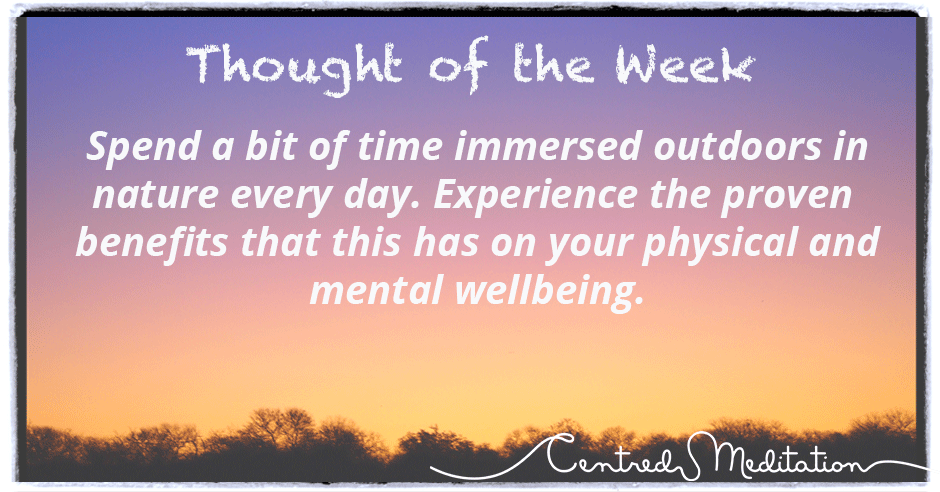We all know innately the effect that nature has on our overall wellbeing. Whether it is sun-tanning on the beach, a weekend ski-trip, or an afternoon bushwalk – we all experience the effects inherently, either consciously or not. What’s really exciting though, is that scientists have actually been measuring it for years.
What impact nature has wellbeing
Research has shown that being in nature contributes to both our emotional wellbeing (by reducing negative feelings of anger, fear and stress, and increasing our positive affect), and our physical wellbeing (by reducing blood pressure, heart rate, muscle tension, and the production of stress hormones).
Numerous studies have quantified this impact using such tools as traditional psychology tests, surveys, and MRI scans to measure cognitive function and/or mental health such as attention, concentration, memory, impulse inhibition, stress, and mood.
Why nature impacts on wellbeing
It has been hypothesised that from an evolutionary standpoint, landscapes such as grasslands and savannas would have provided the sightlines and room for flight required to survive. Moreover, since the majority of our evolutionary experience as a species involved natural environments, it makes sense that we are now predisposed to resonate with these surroundings, consciously or not.
How nature actually impacts on wellbeing (for the scientists among us)?
There are two theories around this. The first is the Stress Reduction Theory (SRT) which posits that humans have an unconscious, autonomic physiological and psychological response to natural elements that often occur without recognition. The second is Attention Restoration Theory (ART) which argues that exposure to nature can have a restorative effect on the direct attentional capacities of the brain, subsequently increasing it’s ability to focus, improving performance, and decreasing levels of depression and stress.
What does this mean?
As you can see, nature is literally medicine. What’s more is that it is readily accessible, and even free! Crazy to think that according to research, we typically now spend 90% of our life within buildings. The good news is, that you don’t need to necessarily be IN nature to experience it’s benefits. Viewing scenes of nature, or imagining them (such as during our Centred Meditation Sequence) is enough to trigger it’s effects. Pretty cool, huh?!


